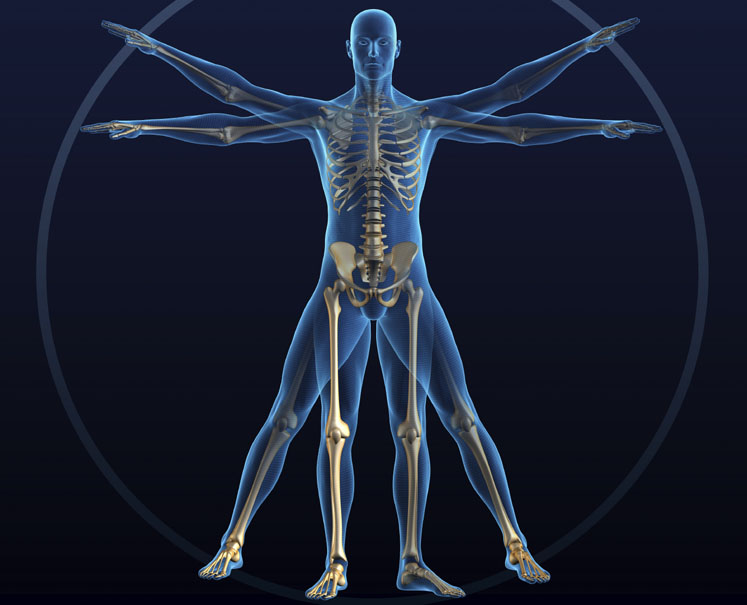Address
14 -7311 Minoru Blvd
Richmond, BC, Canada V6Y3P3
Work Hours
Monday to Friday: 7AM - 7PM
Weekend: 10AM - 5PM
Address
14 -7311 Minoru Blvd
Richmond, BC, Canada V6Y3P3
Work Hours
Monday to Friday: 7AM - 7PM
Weekend: 10AM - 5PM

Your joints and bones are vital for maintaining mobility, strength, and overall quality of life. Whether you want to prevent joint and bone problems or manage existing conditions, following essential joint and bone health tips can help keep you active and independent as you age. In this blog, we’ll explore practical steps to support the health of these crucial structures.
Nutrition plays a key role in supporting strong bones and healthy joints. Here are some important nutrients to include in your diet:
Regular physical activity is crucial for maintaining joint flexibility and bone density. Low-impact exercises, such as swimming, cycling, and walking, help keep your joints mobile without putting too much strain on them. Weight-bearing exercises like resistance training or yoga are especially beneficial for improving bone density and preventing osteoporosis. Aim for at least 30 minutes of moderate activity most days of the week.
Carrying excess weight puts additional stress on your joints, particularly the knees, hips, and lower back. Maintaining a healthy weight reduces this strain and helps protect your joints from wear and tear. Combine regular exercise with a balanced diet to support healthy weight management.
Keeping your joints flexible is just as important as strengthening your bones. Regular stretching exercises can improve your range of motion and reduce stiffness. Activities like yoga, Pilates, or simple daily stretches can help maintain joint flexibility and prevent injury.
Proper rest is essential for both joint and bone health. Overworking your joints without adequate recovery time can lead to inflammation and long-term damage. Ensure you’re getting enough sleep each night, and give your body time to recover after strenuous activities.
Preventing injuries is critical for long-term joint health. When lifting heavy objects, use proper form to avoid straining your joints. Wear supportive shoes with cushioning to protect your knees and hips during daily activities. Additionally, avoid repetitive motions that can overwork specific joints.
Certain supplements can provide additional support for joint and bone health. Three supplements, in particular, are beneficial:
By incorporating these supplements into your routine, you can provide comprehensive support for both your joints and bones. Natriviga offers high-quality supplements formulated to promote joint comfort, reduce inflammation, and maintain bone strength. Always consult with your healthcare provider before starting new supplements.
Hydration is key to joint health. The cartilage in your joints contains a large amount of water, which helps cushion and protect them during movement. Drink enough water daily to support joint lubrication and overall health.
Maintaining your joint and bone health is essential for staying active and preventing long-term issues. By following these joint and bone health tips—eating a nutritious diet, staying active, protecting your joints, and using supplements—you can support both mobility and strength throughout your life.
For more information on how Natriviga’s products can support your joint and bone health, visit natriviga.ca.